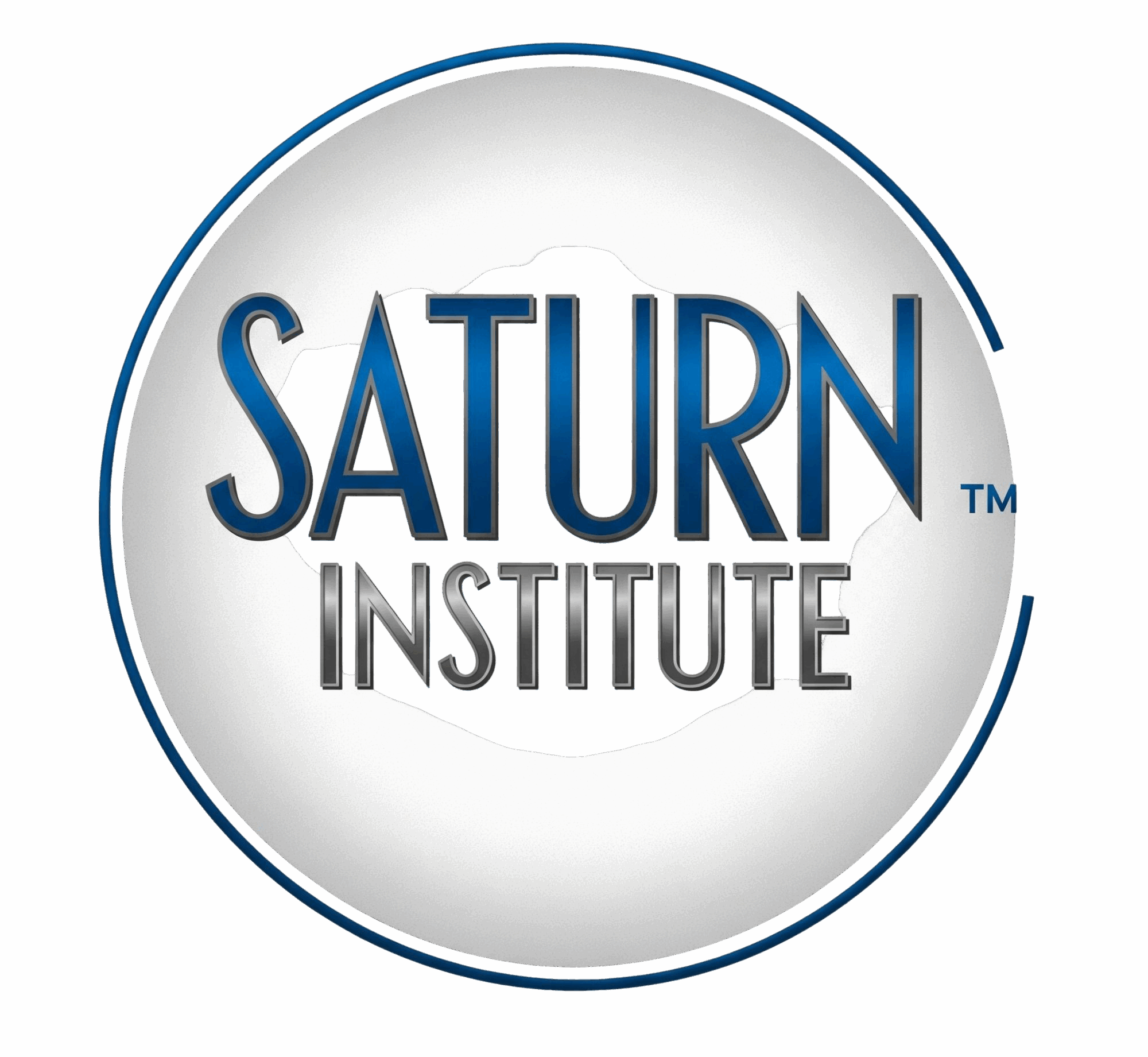The Saturn Institute’s 100,000 sq ft campus, situated on 8 acres in Pontiac, Michigan, functions as a state-of-the-art hub for education, research, and community engagement in sustainable farming practices.
Its functions are distributed across four specialized quads and several public-facing areas:
- Academics Quad: Serves as the primary learning space with classrooms, labs, and demonstration areas, delivering hands-on courses in all aspects of farming technology, food chains, and marketing to students of all ages (from short workshops to term-long certifications).
- Aquaculture Quad: Focuses on sustainable aquaculture, raising various fish species, and integrating these systems with other farming methods.
- Conservatory Quad: Dedicated to diverse cultivation techniques, including traditional dirt farming, hydroponics, and aquaponics, demonstrating high-yield, sustainable food production.
- Research & Development (R&D) Quad: Drives innovation by conducting experiments, testing new technologies, and exploring advanced methods in dirt, water, and fish farming.
Beyond the core quads, the campus integrates several community-focused functions:
- Union Center: A welcoming space for community conversations, meetings, and shared engagement.
- Cafeteria and Marketplace: Provides food services and sells produce and products (like honey) directly from the Institute’s operations, promoting local food systems.
- The Bee Box: An enclosed observation area allowing the public to safely watch live bees making honey, offering a unique educational experience.
- The Sanctuary Garden: A tranquil outdoor space featuring sculptured art and a mosaic waterfall, designed for community socialization and relaxation.
Overall, the Saturn Institute campus functions as a dynamic ecosystem where cutting-edge agricultural research and education seamlessly integrate with vibrant community interaction, fostering learning, innovation, and local food security for Pontiac and beyond. It’s open to the public four times a year with activities aligned with equinox and solstice dates.
